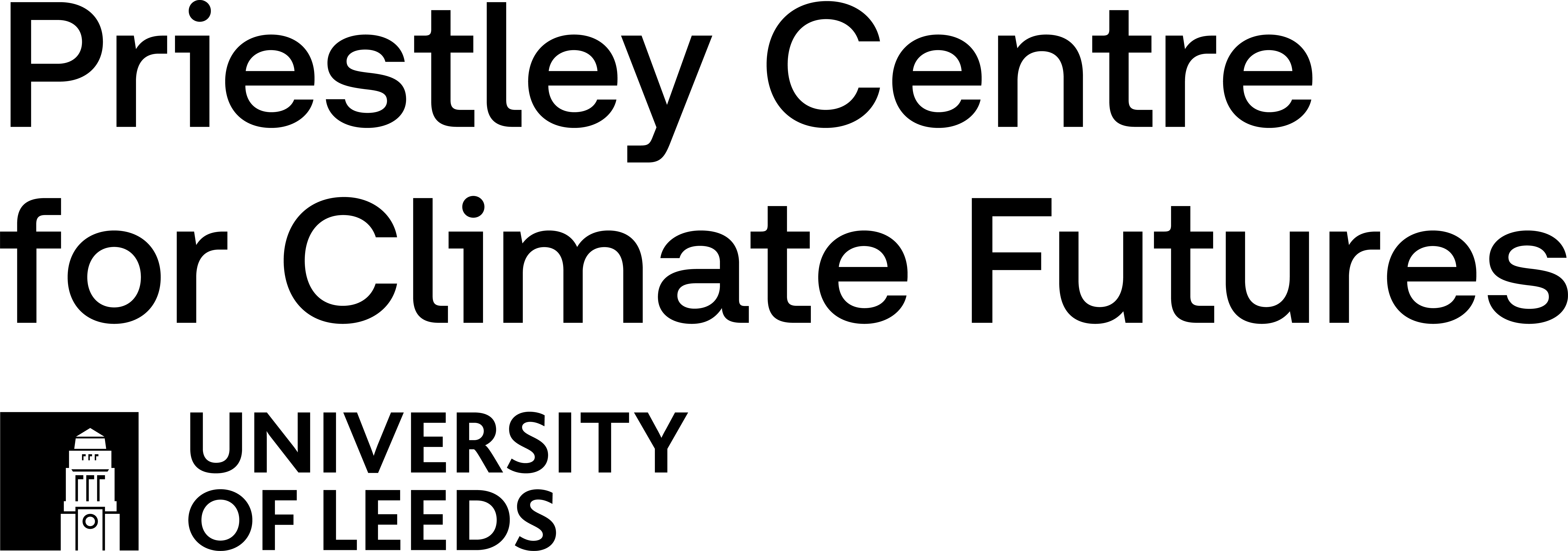About Scenarios Forum
Development and application of new integrated climate change scenarios began in the early 2010s. The process involved a community effort to produce alternative future climate change outcomes and societal development pathways, and then integrating them to develop scenarios useful for different research communities to investigate future risks as well as the effectiveness of mitigation and adaptation response options. In terms of future climate outcomes, climate models simulated a set of alternative futures as part of the fifth Coupled Model Intercomparison Project (CMIP5) activity, driven by a range of alternative projections for greenhouse gas concentrations, aerosols, and land use based on the Representative Concentration Pathways (RCPs). As part of CMIP6, these projections were based on both the Shared Socioeconomic Pathways (SSPs) and RCPs. The SSPs, a new set of societal futures, were developed over the past decade; integrated assessment models then produced global energy, land use, and emissions scenarios based on the SSPs. The integrated scenarios are increasingly being applied to different sectors and regions. For example, large-scale impact assessments of health, agriculture, water, and ecosystems used CMIP5 and CMIP6 climate projections with information about future societal capacities and vulnerabilities from the SSPs. In addition, SSPs were extended to the regional level to inform region-specific assessments. Use of the SSPs is expanding beyond the climate change community to facilitate work on sustainability.
The ambition of the SSPs to provide a broad coverage of societal futures (e.g. including for example future projections and narratives on economics, demographics, human behavior, governance, institutions, energy, technology, greenhouse gas mitigation, land use, biodiversity, vulnerability and resilience, inequality) combined with the wide variety of applications of the SSP-RCP framework (e.g. mitigation, risks, adaptation, sustainability) has led to a very broad and diverse set of communities involved in the development, application, and use of climate and societal futures. This includes a variety of scientific disciplines, along with developers and users with different backgrounds and needs, like scientists, businesses, policy- and decision-makers, and advocacy groups.
To facilitate the wide variety of activities taking place related to the scenario framework, the first Forum on Scenarios for Climate and Societal Futures was organized in Denver in 2019, bringing together researchers to discuss their experiences, progress, and plans. The first Scenarios Forum facilitated integration across the climate modeling, integrated assessment, and impacts, adaptation, and vulnerability communities, as well as with additional relevant research communities including future studies, development economics, and governance. The first Scenarios Forum summarized the state of the use of the Scenarios Framework for Climate and Societal Futures and identified several next steps for the scenario process, synthesized in a paper by O’Neill et al. (2020).
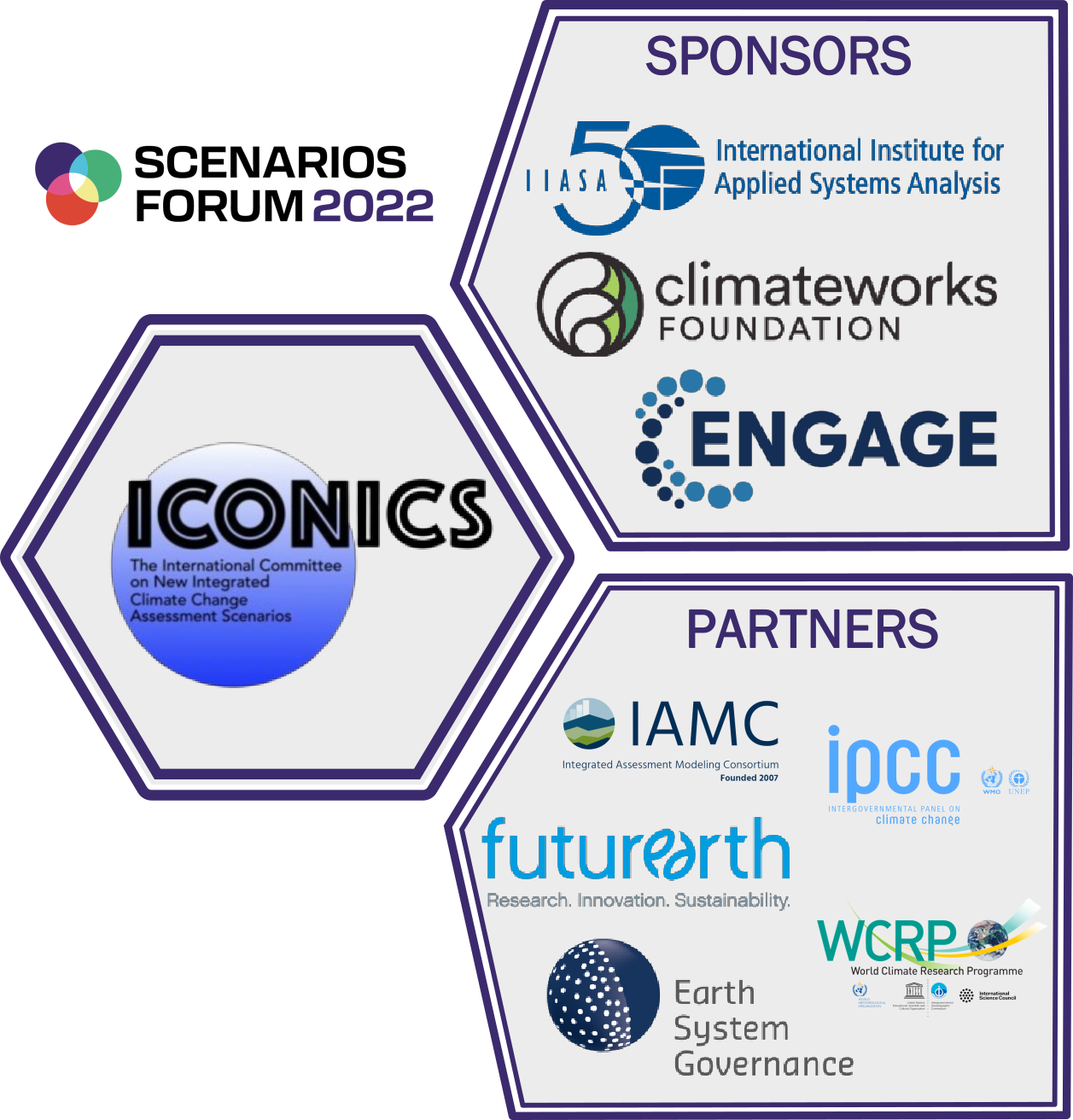
During the first Scenarios Forum, it was decided that regular bi-annual Forums on Scenarios for Climate and Societal Futures would be beneficial to building an interdisciplinary community of scenario developers and users and as a platform to make progress on the Scenarios Process itself. However, since the first Scenarios Forum, the COVID-19 crisis reduced options to organize a second Scenarios Forum in-person, which was considered important for community building. Therefore, the second Scenarios Forum took place in June 2022 in Laxenburg, Austria.
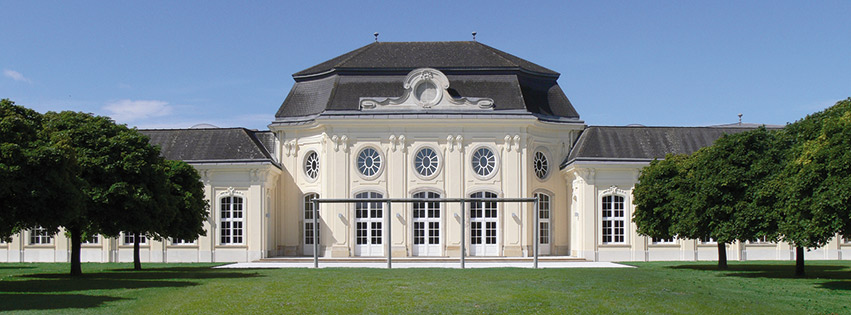
The goal of the second Scenarios Forum was to bring together the diverse set of communities using or developing scenarios in climate change and sustainability analysis to:
By taking stock of recent progress, reflecting on the use of scenarios in environmental assessments and policy-making, and facilitating further scenario-related research, this meeting informed the use of scenarios in the preparation for the next cycle of IPCC Assessment Reports (AR7) and helped ensure a research base sufficient to inform future national and international assessments as well as policy initiatives, including the implementation of the Sustainable Development Goals (SDGs).
An important, but not exclusive, focus of the meeting was on the ongoing process of developing, updating, and using the so-called “Scenarios Framework” for fostering integrated climate change and sustainability research.
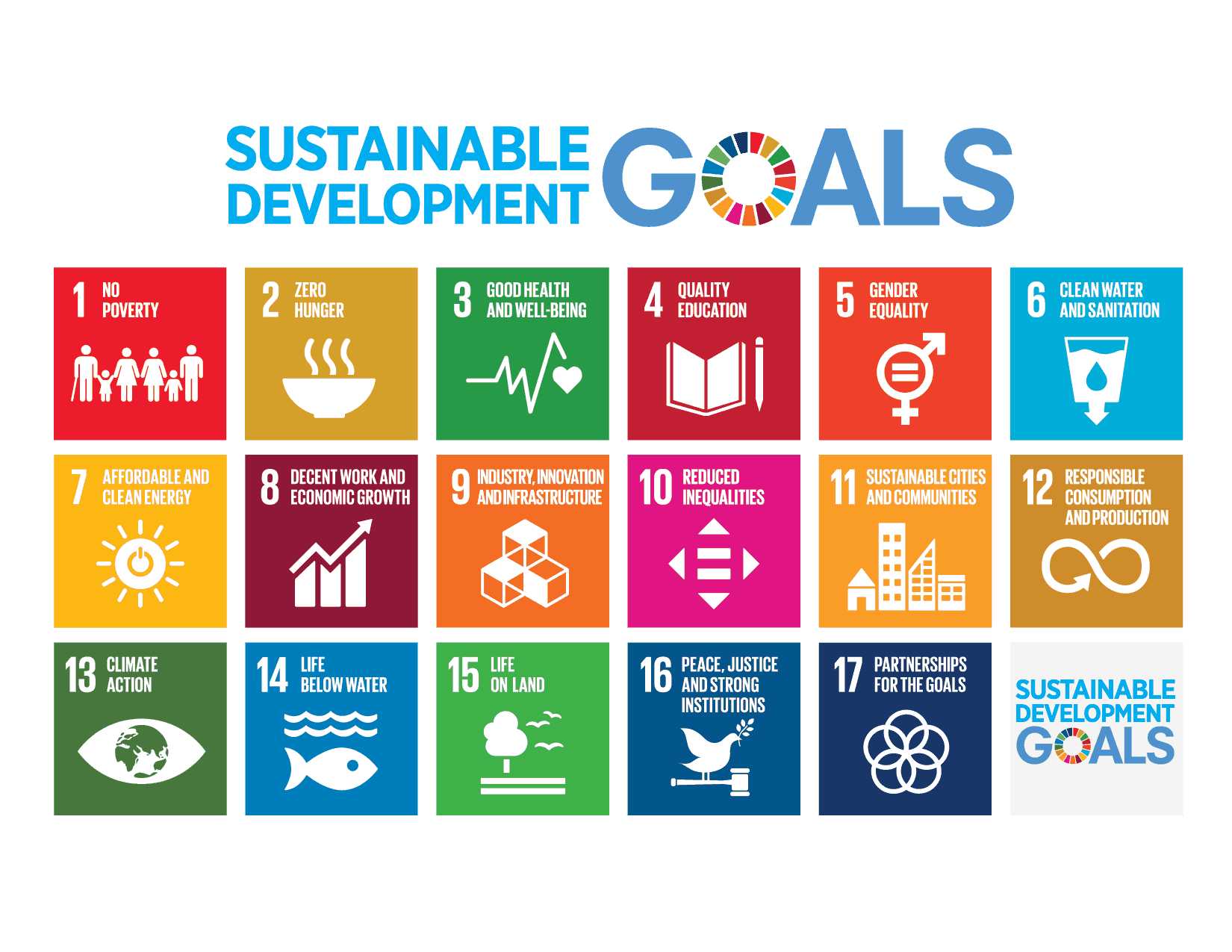
The Forum addressed the critical need for researchers from various disciplines to come together to share their experiences, progress, and plans. It provided a means of promoting integration across the climate modeling, integrated assessment, and impacts, adaptation, and vulnerability communities, as well as with additional research communities in the social, natural, sustainability, economic and cultural sciences. It also aimed to improve linkages among the research, assessment, practitioner and policy communities.
Scenarios Forum 2025

At Scenarios Forum 2025, we are committed to fostering a collaborative environment where diverse voices converge to shape the future of climate and societal scenarios. Our mission extends beyond mere discussion; we aim to catalyse action and inspire innovative solutions that address the pressing challenges of our time. By engaging a wide array of stakeholders, including researchers, policymakers, and practitioners, we create a dynamic platform for knowledge exchange and interdisciplinary collaboration. As we look to the future, our focus remains on enhancing the relevance and applicability of scenario frameworks, ensuring they serve as powerful tools for informed decision-making and sustainable development. Join us in this vital endeavour to envision and realise a resilient future for our planet and its inhabitants.
Scientific Advisory Committee
Bas van Ruijven
International Institute for Applied Systems Analysis (IIASA), Austria
Chris Smith
Vrije Universiteit Brussel
Jan Sigurd Fuglestvedt
Center for International Climate Research (CICERO), Norway
Julia Steinberger
University of Lausanne, Switzerland
Kristie Ebi
University of Washington, USA
Narasimha Rao
Yale University, USA
Sondoss El Sawah
University of New South Wales, Australia
Kasper Kok
Wageningen University & Research, Netherlands
Brian O'Neill
Pacific Northwest National Laboratory
Zuzana Harmackova
Intergovernmental Science-Policy Platform on Biodiversity and Ecosystem Services
Organisational Committee
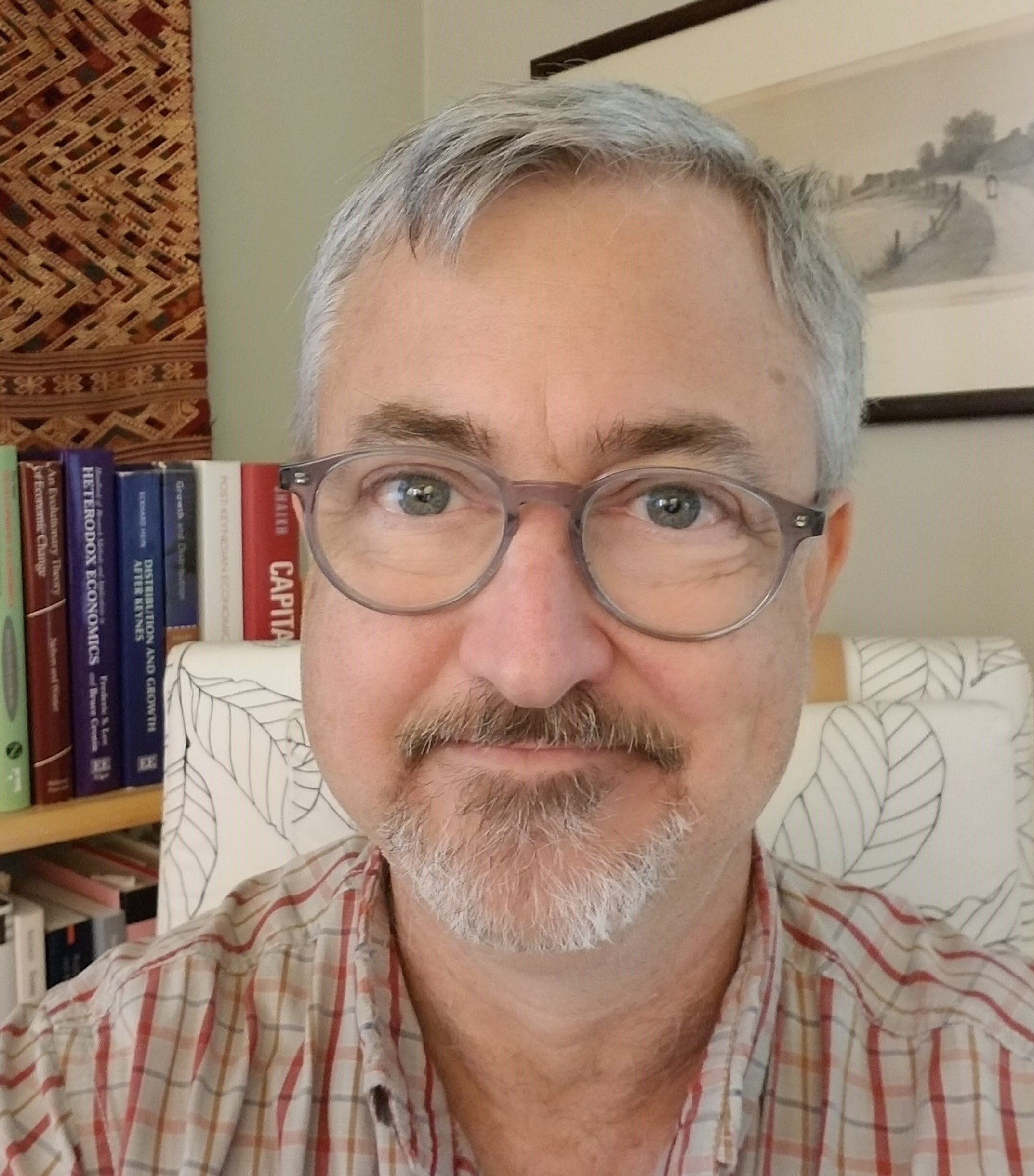
Eric Kemp-Benedict
University of Leeds
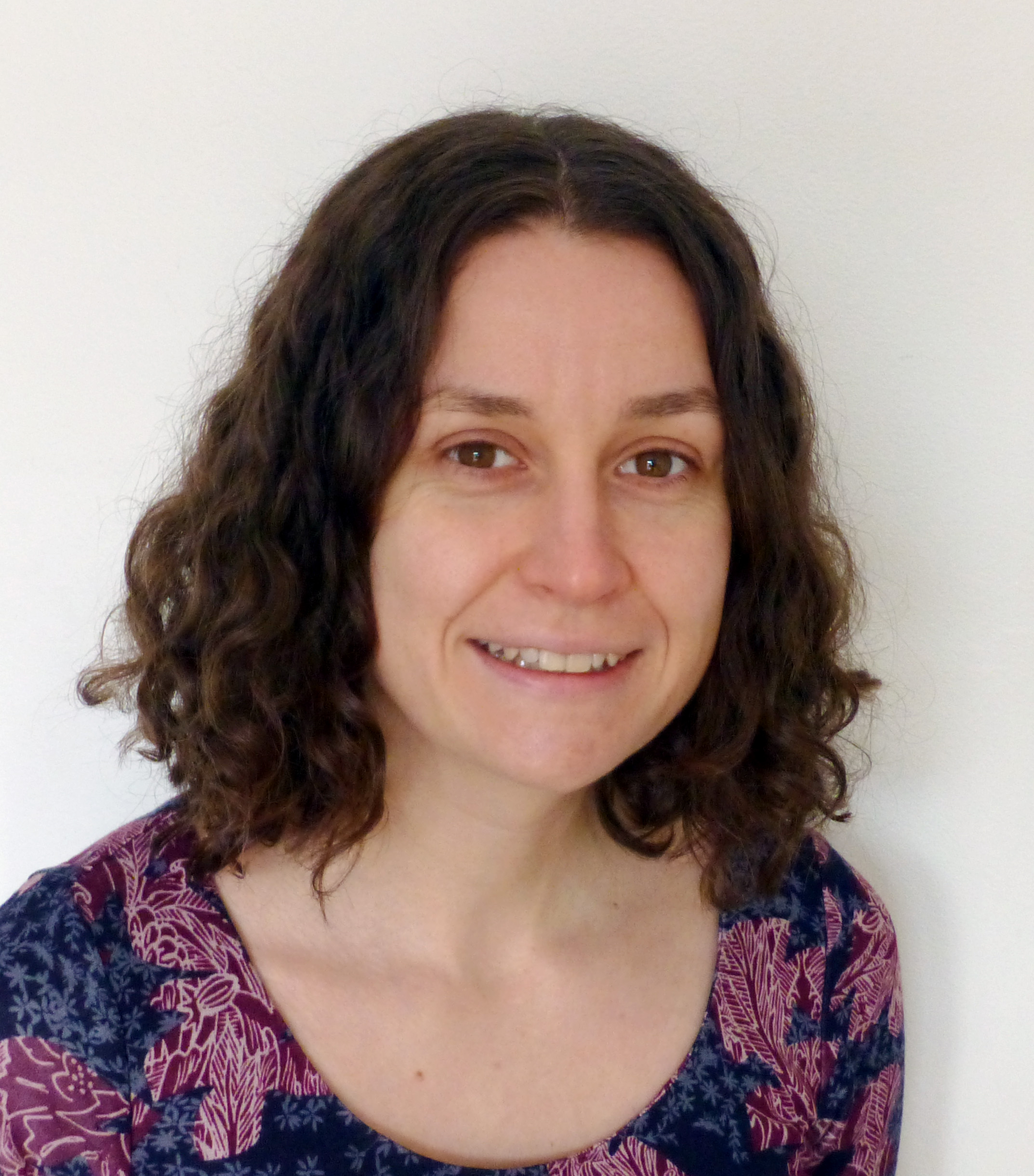
Shona Smith
University of Leeds
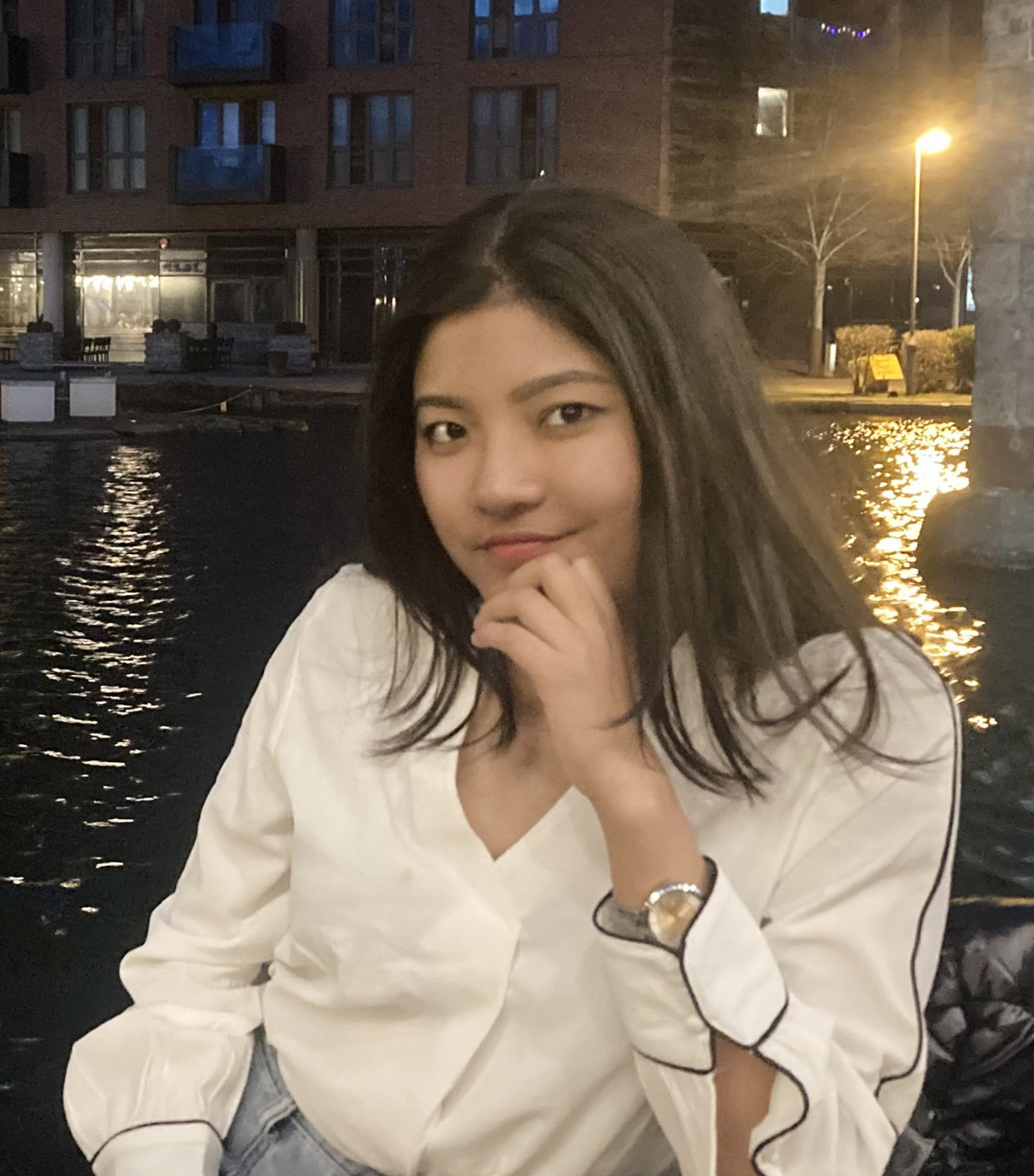
Prahelika Deka
University of Leeds
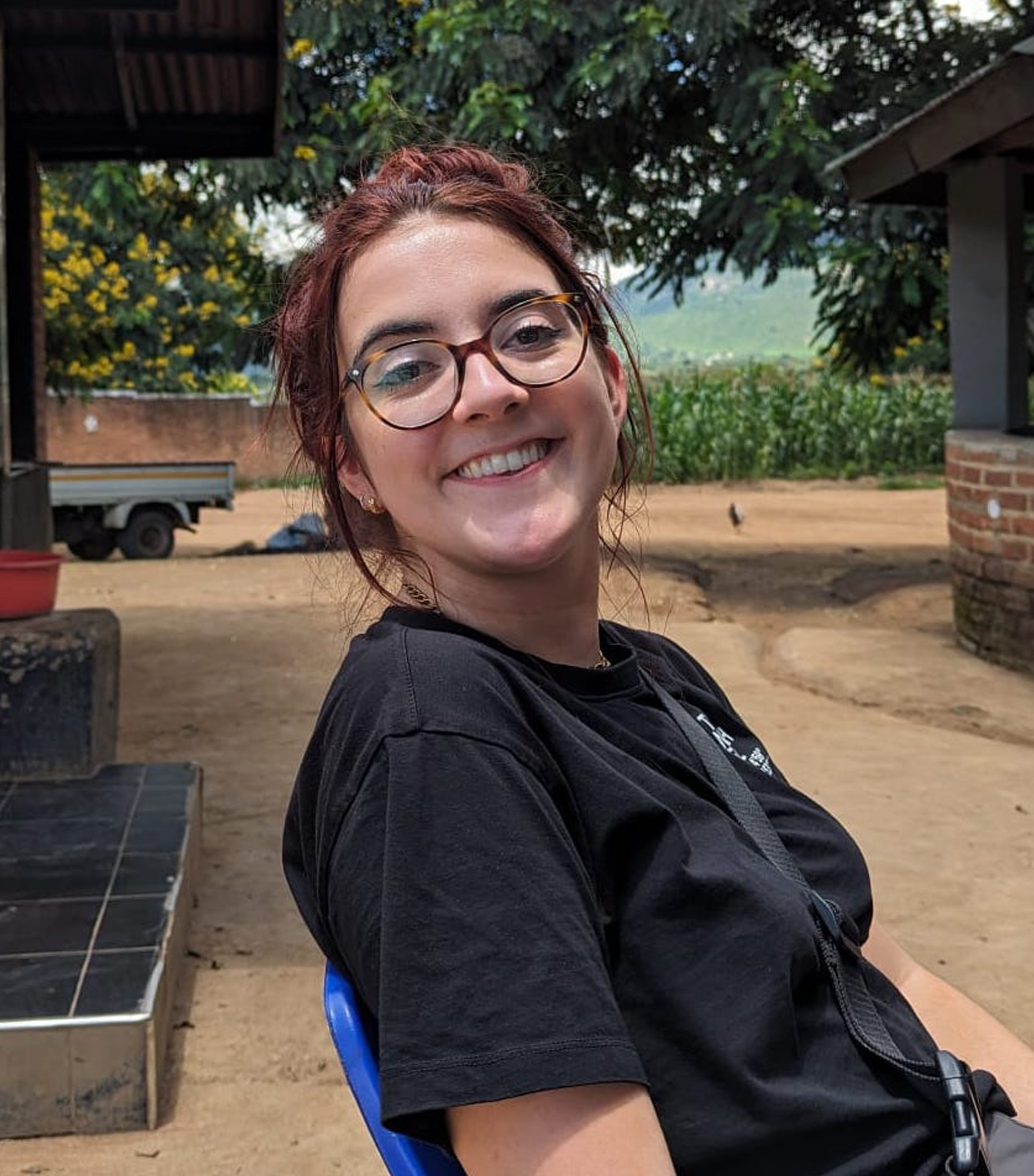
Catriona Flesher
University of Leeds
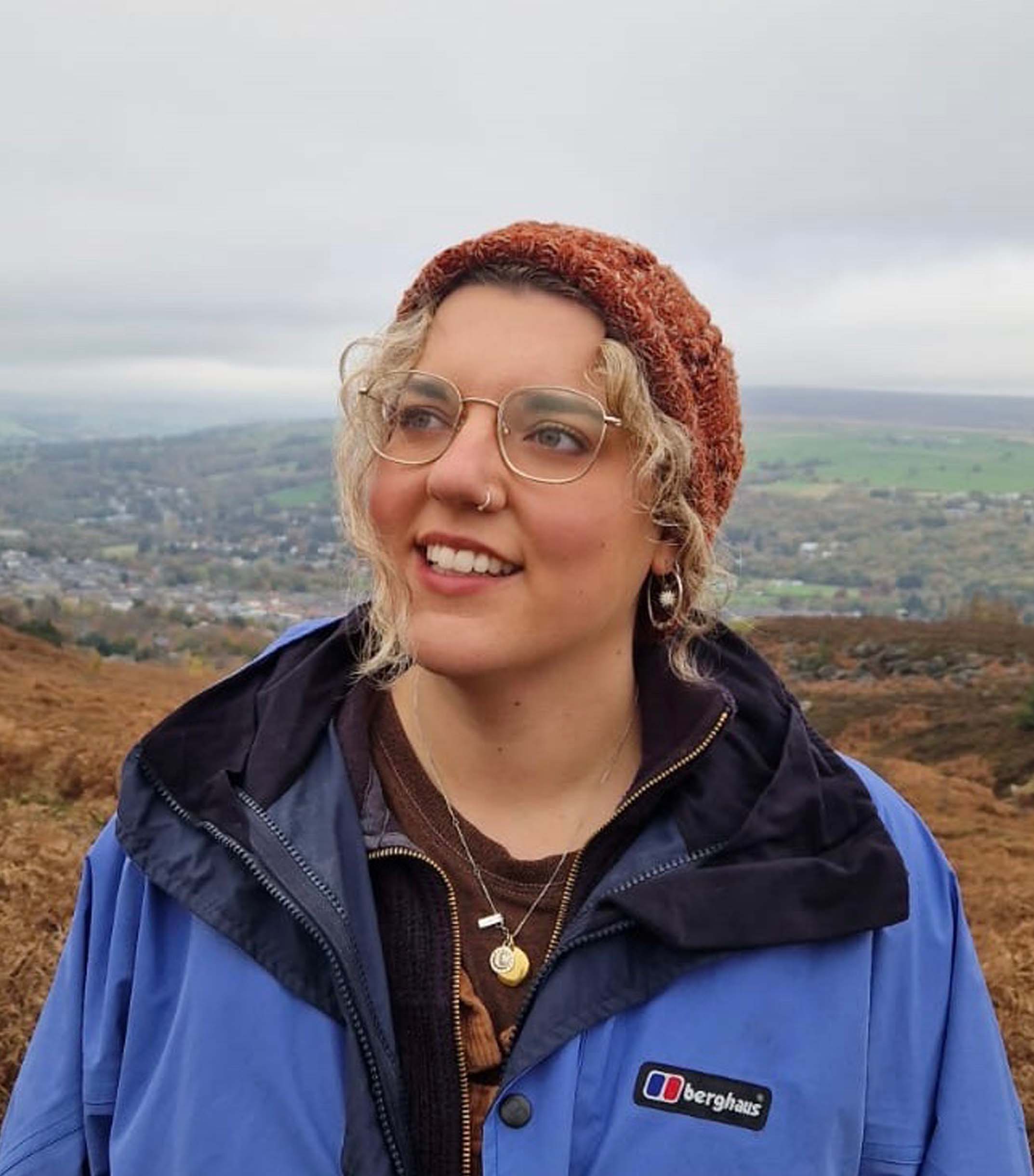
Lucy Howell
University of Leeds
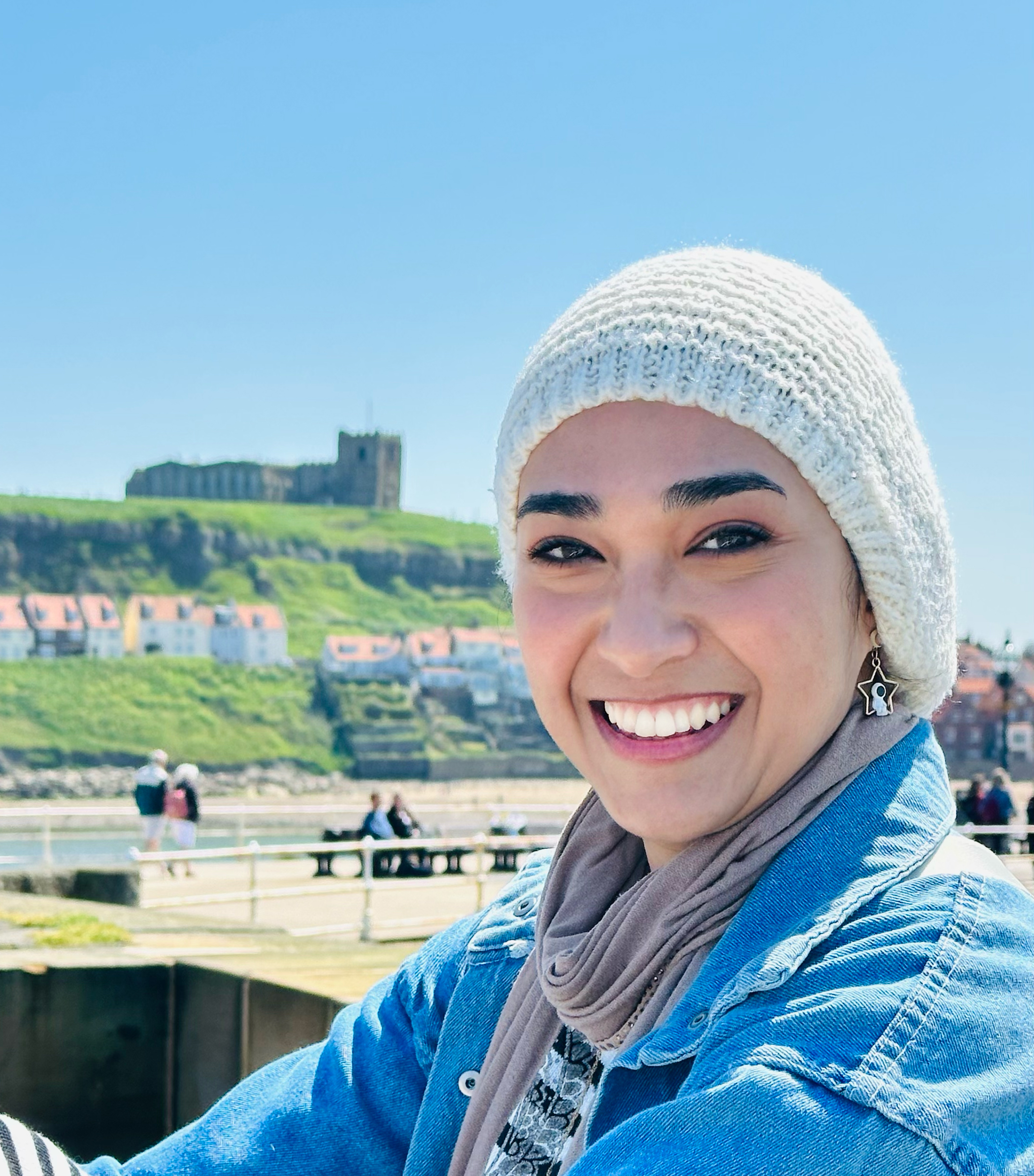
Ahlam Abumughli
University of Leeds

